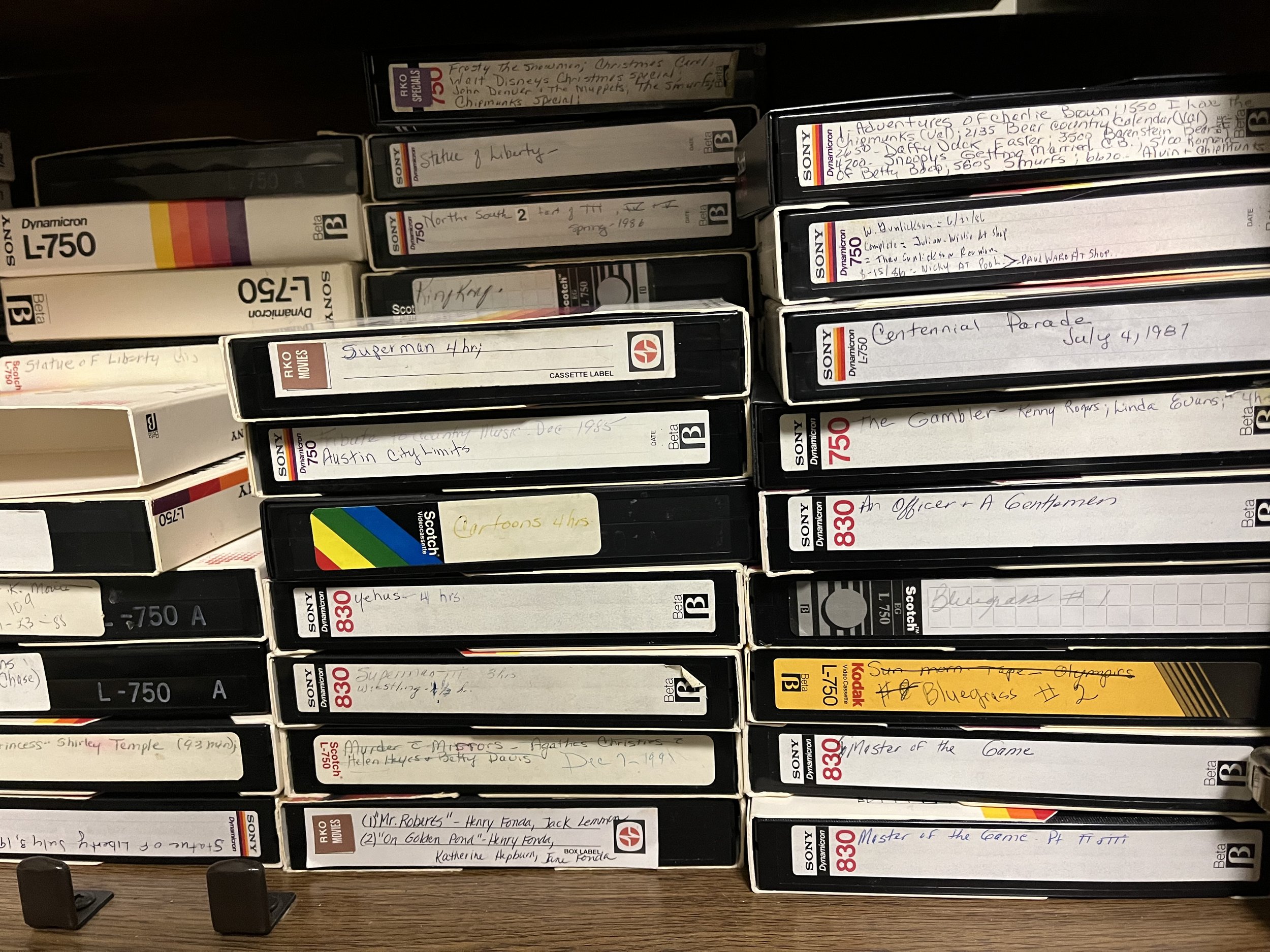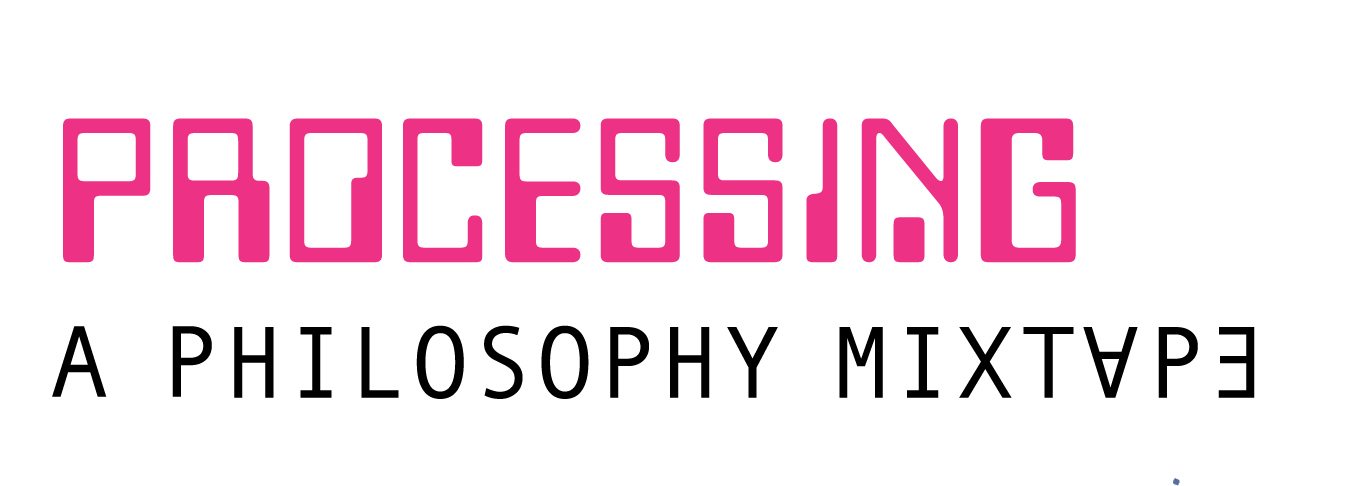

SIDE A: Knowledge and reality
We explore a classic philosophical question: do we really know anything? Tamar Gendler discusses why this question is harder to answer than one might think, as a proper answer requires a theory about the connection between understanding and reality. David Chalmers has a theory like that. He uses it to argue that even if we are living in a wide-scale computer simulation, there is no threat to our knowledge and the meaningfulness of our lives. Grace Helton isn’t convinced. To make her case, she draws a distinction between two kinds of knowledge, knowledge of the external world and knowledge of other minds. She argues that knowledge of other minds is much more important and Chalmers’ gives us little reason to think we can have such knowledge on the basis of his theory. Martha Nussbaum closes with what Aristotle would say about all of this.

SIDE B: Manipulative expression
Fake news, echo chambers, propaganda…you know the story: manipulation is here, there, everywhere. Through this manipulation, we can end up believing what we want to be true rather than what really is true. But maybe believing what you want to be true isn’t so bad? You’d be happier in many ways. Isn’t that a good reason for believing? Bertrand Russell says it’s not. Luvell Anderson inquires into the nature of propaganda. He argues that many leading theories of propaganda don’t get it right. Luvell thinks we should focus on propaganda’s effects on the imagination. He pushes for an understanding of propaganda as a manipulative force that impacts our capacity to imagine possibilities. Noam Chomsky and Harry Frankfurt close with a duet on lying and bullshit, with Frankfurt warning us that bullshit is more destructive to the value of truth than lying.

SIDE C: Real freaked out
We are very happy to announce our partnership with TACT, a dating service where computers make connections and you live with the results. Katie Elliot thinks that maybe we shouldn’t be so happy with computers making connections. She considers standard worries about AI and argues that they aren’t that worrisome. But Katie is still real freaked out about AI. Her reasons require us to think more deeply about correlation and causation, and how that difference matters when making decisions. AI is all about correlation. But making decisions on the basis of correlation can be unjust in all sorts of ways. We close with a worry about becoming obsolete, an important mathematical theorem, a drop from Maeva, and a meditation from Max Black on the irony of searching for something you know you have no hope of finding.

SIDE D: The open future
Kelvin Trinsel returns! Iris Murdoch sets forth a vision of philosophy as the imposition of form on the formless. Joshua Habgood-Coote considers how both critics and proponents of technology use science fiction narratives to make sense of our unfolding technological future. He points out that this often results in a game of trading between utopias and dystopias. Joshua thinks we should reject this game: science fiction is a poor guide to predicting the future. Moreover, we shouldn’t think of science fiction writers as trying to predict the future, as this distorts the real value of the genre. Arthur C. Clarke thinks of predicting the future as a discouraging and hazardous occupation. He also is happy to be a stepping stone to computer brains. Bertrand Russell returns, though the voice of Amber Mann, to let us know about the value of philosophy. And that leaves us to think about the results of the processing system proper.
Philosophers
Michael Dummett (1925 - 2011) was Wykeham Professor of Logic at the University of Oxford. He was one of the most influential British philosophers of his generation.
Tamar Gendler is professor of philosophy, psychology, and cognitive science at Yale University. She has done groundbreaking work on thought experiments, imagination, and cognition
David Chalmers is a professor of philosophy and neural science at New York University, as well as co-director of NYU's Center for Mind, Brain and Consciousness. Chalmers is best known for formulating the hard problem of consciousness.
Grace Helton is an assistant professor of philosophy at Princeton University. A major concern that runs through much of her work is how we represent others’ inner lives and how we value such representations.
Martha Nussbaum is a professor of law and philosophy at the University of Chicago. She is internationally renowned for her work in Ancient Greek and Roman philosophy, feminist philosophy, political philosophy, and philosophy and the arts.
Bertrand Russell (1872-1970) was one of the early 20th century's prominent philosophers and a founder of analytic philosophy.In 1950, Russell was awarded the Nobel Prize in Literature.
Luvell Anderson is a professor of philosophy at the University of Illinois Urbana-Champaign. His work covers the philosophy of language, African American philosophy, aesthetics, humor, and social ontology.
Noam Chomsky is a laureate professor of linguistics at the University of Arizona and professor emeritus at the Massachusetts Institute of Technology. One of the most cited living authors, Chomsky is a founder of modern linguistics and cognitive science.
Harry Frankfurt (1929 – 2023) was a professor of philosophy at Princeton University. He made significant contributions to free will and moral responsibility. His book On Bullshit was a #1 New York Times bestseller.
Katie Elliott is an assistant professor of philosophy at Brandeis University. She has written on philosophical issues surrounding chance, explanation, and prediction. She is currently working on a book about scientific explanation in indeterministic contexts.
Maeva Kroll is a level 5 gymnast at Prestige Gymnastics.
Max Black (1909 – 1988) was a professor of philosophy at Cornell University. He was a leading figure in analytic philosophy in the years after World War II, making contributions to the philosophy of language, the philosophy of mathematics and science, and the philosophy of art.
Iris Murdoch (1919-1999) was novelist and philosopher. Murdoch is best known for her novels about good and evil, sexual relationships, morality, and the power of the unconscious. Her first published novel, Under the Net (1954), was selected in 1998 as one of Modern Library's 100 best English-language novels of the 20th century.
Joshua Habgood-Coote works at the school of Philosophy, Religion, and History of Science at the University of Leeds. His research is mainly in epistemology and the philosophy of language, where his interests connect to the question of how we should think about knowledge and inquiry.
Arthur C. Clarke (1917-2008) was a science fiction writer, science writer, futurist, inventor, undersea explorer, and television series host. He co-wrote the screenplay for the 1968 film 2001: A Space Odyssey.
Works cited
Grace Helton is an assistant professor of philosophy at Princeton University. She works in philosophy of mind, cognitive science, and epistemology, including social epistemology. A major concern that runs through much of her work is how we represent others’ inner lives and what the value of those representations is, with special attention paid to the epistemic value of those representations.
Luvell Anderson is a professor of philosophy at the University of Illinois Urbana-Champaign. His research and teaching interests include philosophy of language, African American philosophy, aesthetics, humor, and social ontology. He is currently writing books on the Ethics of Racial Humor (Oxford University Press) and The Philosophy of Race and Racism (Routledge).
Katie Elliott is an assistant professor of philosophy at Brandeis University, where she teaches courses on the philosophy of science and metaphysics. She has written on philosophical issues surrounding chance, explanation, and prediction. She is currently working on a book about scientific explanation in indeterministic contexts.
Joshua Habgood-Coote works at the school of Philosophy, Religion, and History of Science at the University of Leeds. His research is mainly in epistemology and the philosophy of language, where his interests connect more or less directly to the question of how we should think about knowledge and inquiry, given our nature as practical and social creatures.

